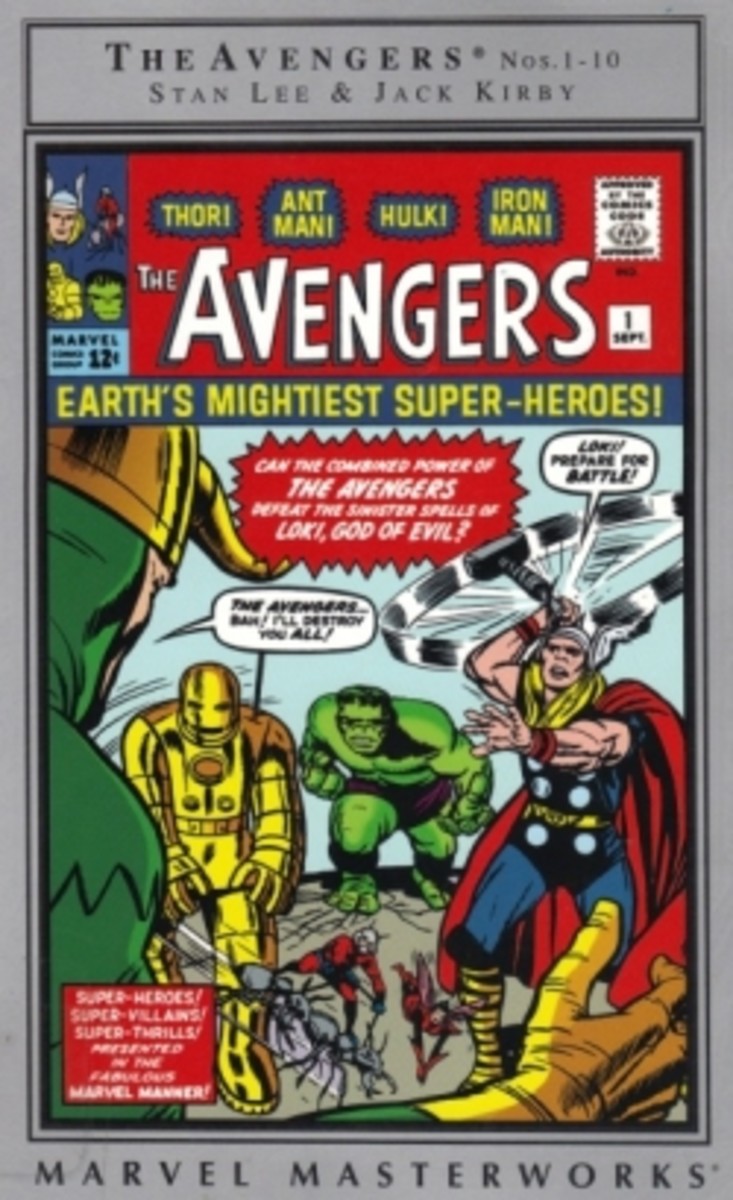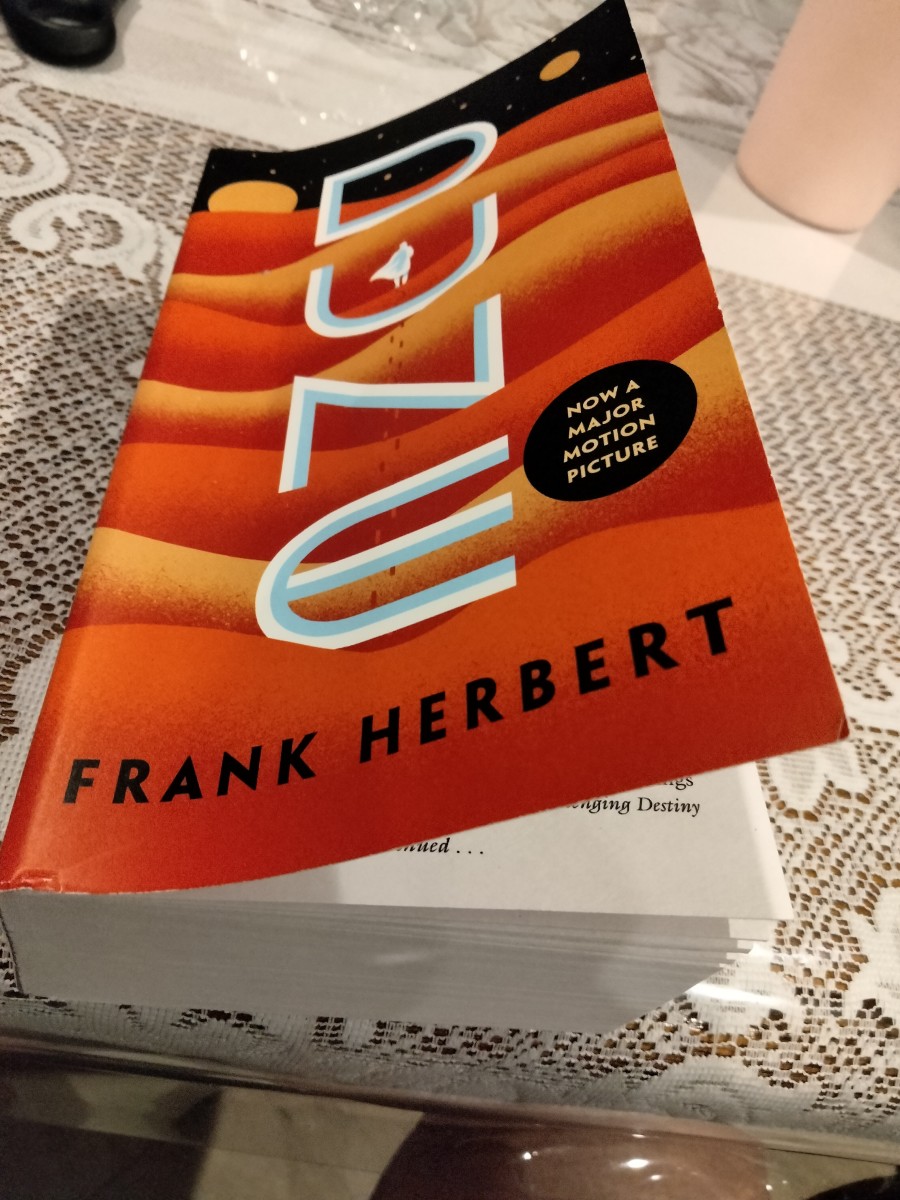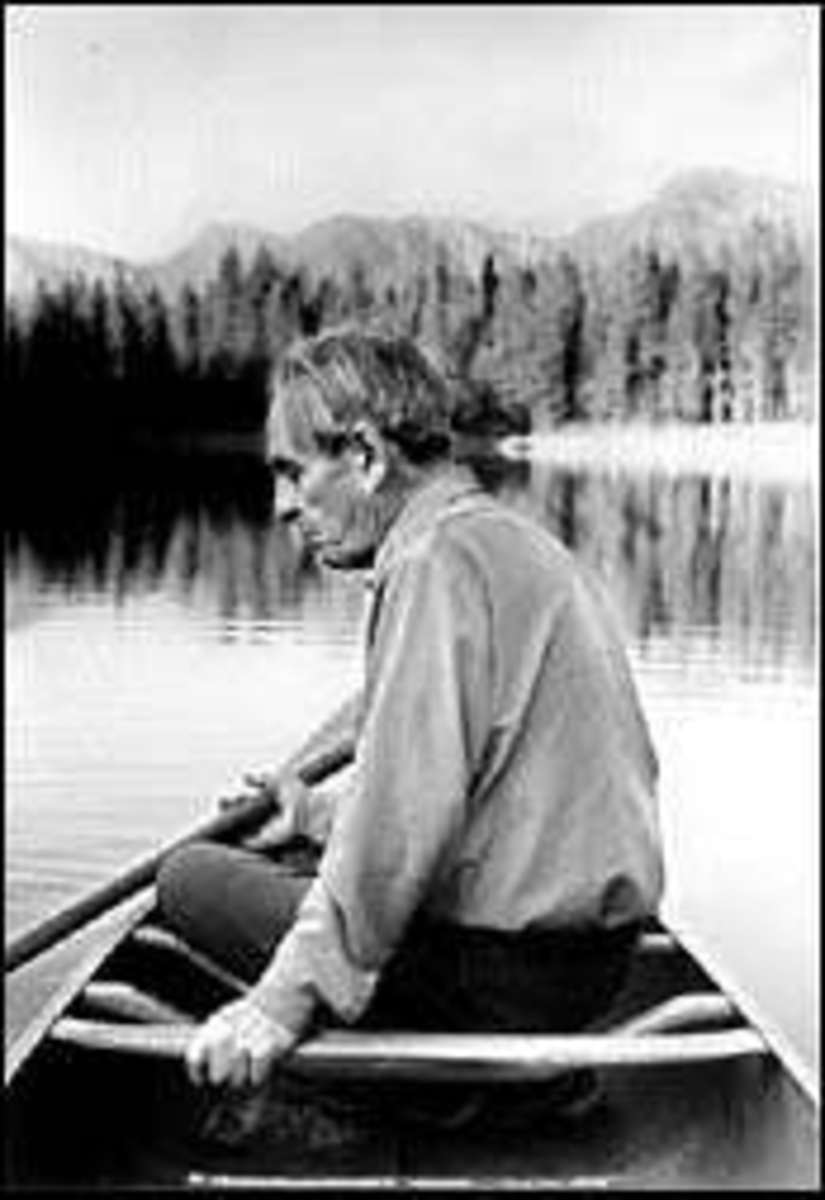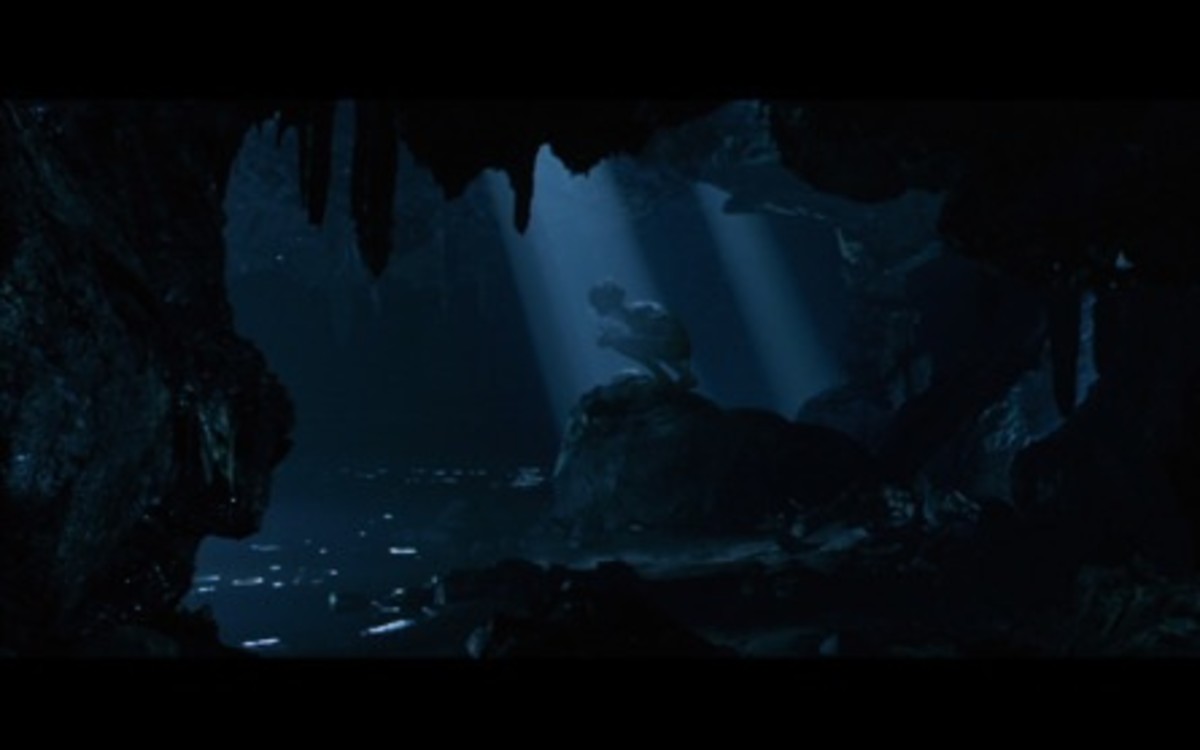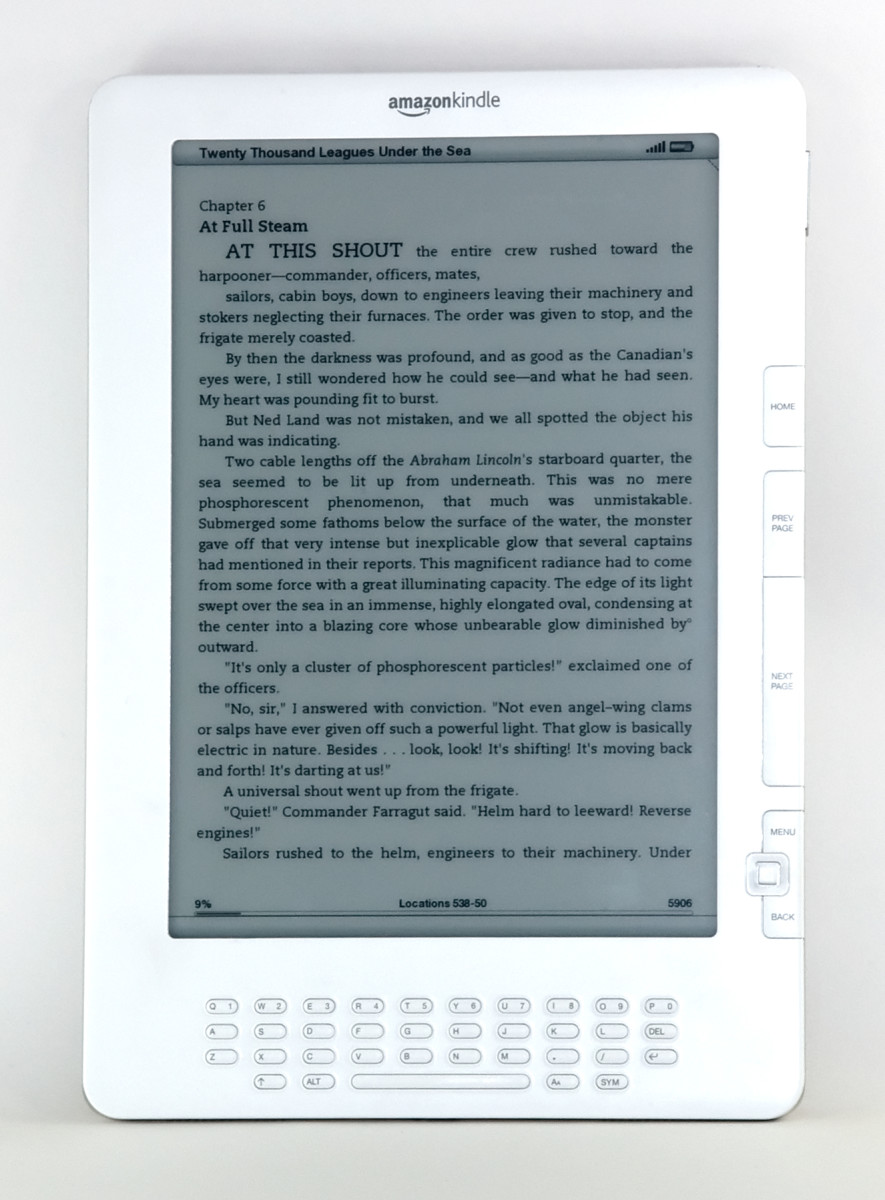A Woman In Berlin - Book Review
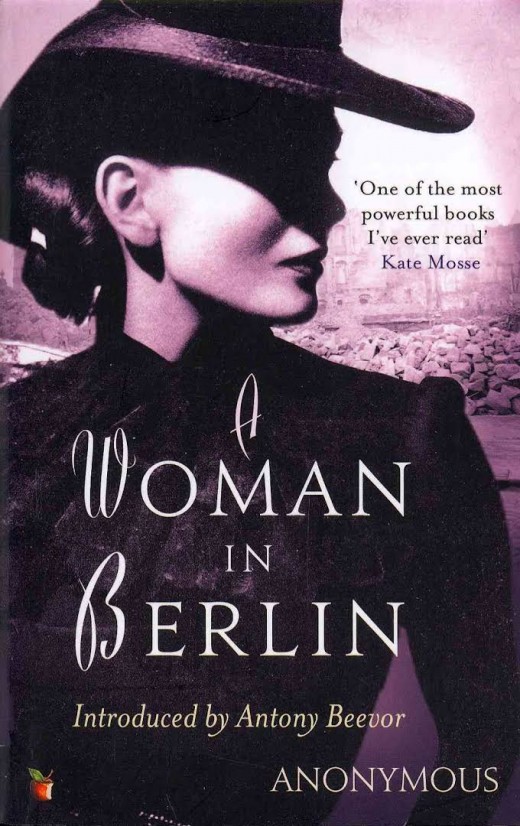
Reading is one of my absolute favourite pastimes. Since childhood, I have loved nothing more than getting tucked up in bed with a good book- perfect to wind down after a hard day. My bookshelves sag with the amount of weight on them, and I am always running out of space. But, I keep adding away to my collection nonetheless.
I had picked this book up blindly, in that I had no idea of it’s existence before I spotted it in the store. The front cover looked quite classy and had a vintage feel, and I had suspected there may be a war theme. On reading the back, I was instantly intrigued and wanted to read more.
Surprisingly, I even read the Introduction and the Afterword- I never usually do this. I literally read this cover to cover, and was quite disappointed when it came to an end. Obviously I knew this would inevitably happen, but I was reading it so quickly that it was over far too soon!
You Can Read The Book...
So why was it so good?
Well, whenever you hear wartime stories and see films, they are usually based on the conflict, the soldiers and the actual fighting in the war. The "action" of it all. There isn’t usually much thought for those left at home, and even less considering those who were actually being invaded by the enemy, with little to ward them off.
“A Woman In Berlin” tells about the everyday survival within the city of Berlin as it is encapsulated by the Russians at the end of WW2. It highlights the struggle as the civilians come to realise that their own soldiers- their husbands, fathers and brothers were not to be revered in the war effort. It looks at the sheer disappointment and betrayal they feel when realising that Hitler would rather sacrifice the whole population than surrender. At many points in the book, there is a mocking tone of "Heil Hitler" as well as "For all of this, we thank the fuhrer" when yet another atrocity is pushed upon them. The irony being, that this was chanted with pride in previous years and emblazoned on all of the propaganda across the city.
This book is a day by day account of the author, who remains anonymous, and her struggles. However, I must stress that there is no “Woe is me” feeling to the writing style or tone. Everything is stated in a very matter-of- fact way, even with humour at times.
Sarcasm and wit are strong throughout the book, even when referring to heinous crimes against the author herself, and those around her. From describing the rancid stockpiles of food they were forced to eat, to explaining some of the humiliation and violation that was handed out daily, the author never takes on the role of victim, but rather as a survivor. She regularly tries to lighten the mood when discussing topics which were usually swept under the carpet. The author has, at a very early stage, admitted how bad things are and tried to make the best out of a bad situation.
I obviously won't give away too much on the story itself, but I would hope that your intrigue would be enough after reading this review that you would try the book for yourself.
Afterthoughts
I would recommend this as a good book for anyone to read, but even more so if you like war stories and history. Laid out as a diary, you become engulfed in the day to day activities and it is easy to put yourself into the author's shoes.
I also loved the timing when reading this book as I went to Berlin shortly after, and found myself in awe as I recognised places from the book. To think of all of these historical places in ruins as the writer walks the streets, and to even visit one of the work camps outside of Berlin that she speaks of, it was like being sent back in time.
Even from a humanitarian perspective, this book shows the viewpoint of those who were on the "bad" side, simply caught up in the drift, and dealing with the consequences- a theme that is ever poignant in the world of today...How many innocents will continue to be punished in the name of war?
© 2016 Lynsey Hart



